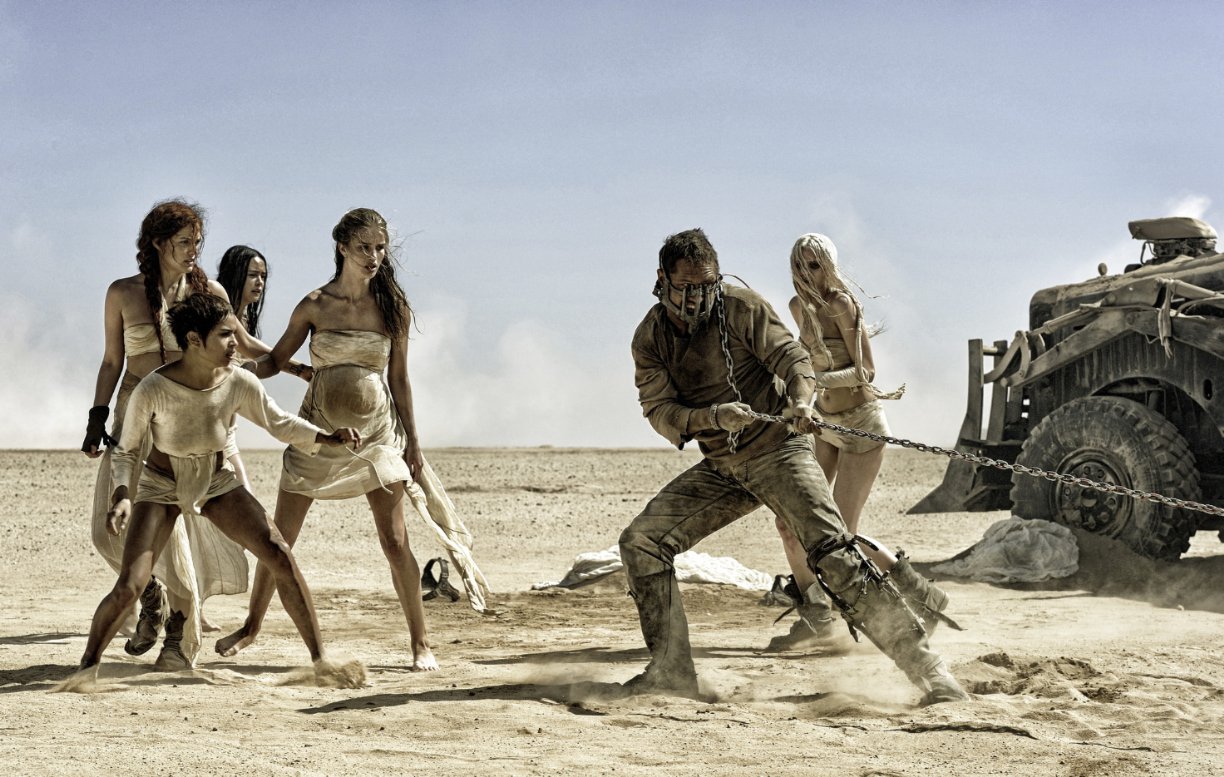Mad Max: Fury Road: Max, Furiosa, and pretty much everyone else too
Mad Max: Fury Road: A Sea of Lone Survivors
Futuristic, post-apocalyptic fiction has the uncanny habit of making us think about what we really value in our lives. What are the essentials we need for human survival? What happens to our morals when we’re faced with a resource crisis? How might our relationships with each other change when we’re faced with desperate circumstances? Survival brings to the surface the essential forces of life and our relationships with each other. Desperate times call for desperate measures, so they say.
I’d like to say this post has come about in advance of the release of Furiosa in 2024, now in post-production, but to be honest, it’s because I’m really late to the club and have only just seen the film. Anyway, here’s my very belated take.
At the risk of sounding cliché, maybe when it comes down to it, we’re all on some version of Fury Road, with our messes of morals and our quiet desires for redemption, home, family, honour, whatever it might be. Those personal journeys are central to the plot of Mad Max, but they become complicated because they can never exist in a vacuum. Deeply personal plots always become embroiled with someone else’s problems, that's the nature of human connection.
For Max and Furiosa, their personal journeys becoming (kind of against their will) connected and entangled with each other actually fits into the moralities they approach redemption with. Personal redemption was never about them as individuals, even though it ostensibly presented that way. For both of them, it’s about the people they lost and the crimes they’ve committed in the fallout. When circumstances seemingly get in the way of their personal missions, perhaps the truth is that those circumstances have made way for redemption to reveal the wider social and interpersonal projects at hand. Circumstances which prevent Furiosa from returning to The Green Place prevent her from returning, but they allow her to refocus her energy on the women she’s come to care for, and the work she feels morally compelled to do in order to create a free world for them. This is the beauty of her survival.



Comments
Post a Comment